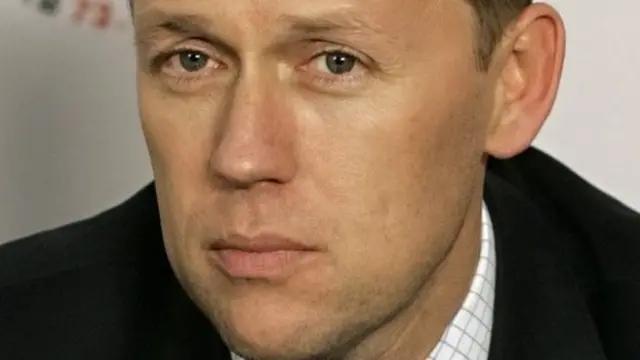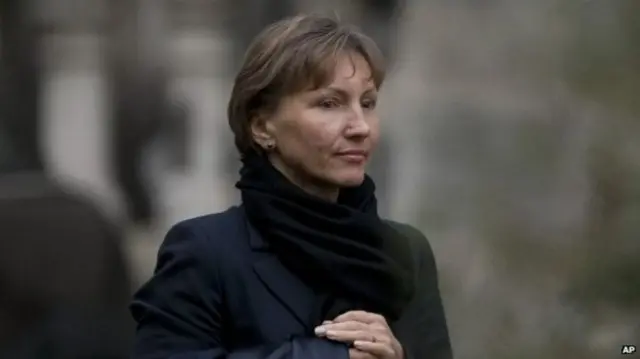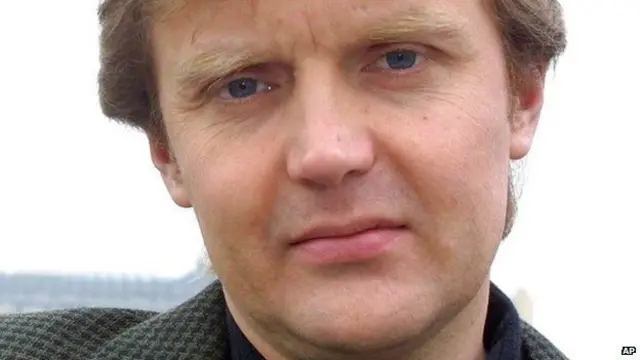Russia Today TV correspondent criticises inquiry findings 'lack of hard evidence'published at 10:17
The Russian media have been reacting to the inquiry findings.
A Russia Today TV correspondent reporting from London on the Litvinenko inquiry says they are "very serious allegations, not worded too greatly... it seems to be lacking a lot of very hard evidence."


